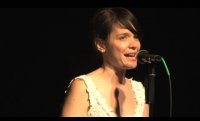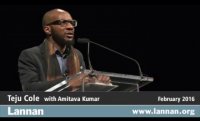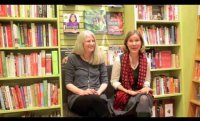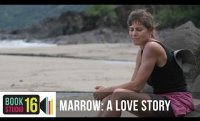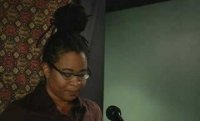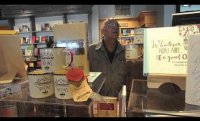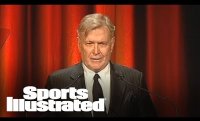Belle Boggs
“When I would picture my life as a writer, I would picture myself sitting peacefully at a desk, with words and ideas and stories just drifting down into my brain.” For a performance with the Monti, Belle Boggs describes the transformation of her perspectives on writing, teaching, happiness, and California. Boggs’s debut memoir, The Art of Waiting: On Fertility, Medicine, and Motherhood (Graywolf Press, 2016), is featured in “Nine More New Memoirs” in the September/October issue of Poets & Writers Magazine.





